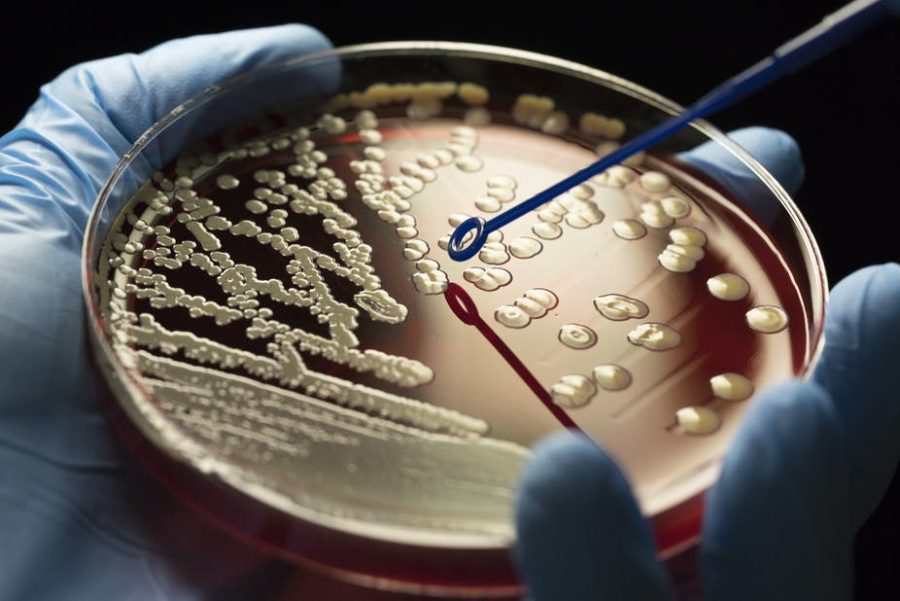Science-Big Brain Moments: Antimicrobial is the Current Leading Cause of Death
Microorganism on a petri dish.
January 27, 2022
Newly published data has revealed there were 4.95 million deaths in 2019 associated with bacterial antimicrobial resistance, making antimicrobial resistance the third leading cause of death worldwide and soon to be number one. Out of the 4.95 million deaths 1.27 million were directly caused by antimicrobial resistance. Researchers have stated “more people [have] died from untreatable bacterial infections that year [2019] than from HIV or malaria.”
Antimicrobial resistance is a microorganism’s ability to resist the effects of a drug. This includes bacteria, viruses, fungi, and parasites. Antimicrobial resistance (AMR) occurs when microorganisms change overtime and evolve so that they are immune to the antibiotic’s doctors give patients, making it harder to treat the infections given from these microorganisms.
Ever since the discovery of antibiotics in 1928 for fighting against such bacteria, they have helped society combat diseases to the point where we don’t have to worry about them, one example being gonorrhea. Even as we’ve developed the technology to overcome such diseases, microorganisms have long developed resistance to such antibiotics long before we used them and are still evolving as we speak.
Researchers are studying ways to reduce the causes of infections and even stop the amount of deaths AMR is currently causing by providing strict hygiene conditions in hospitals and by reducing and managing the amount of antibiotics given to patients in developed countries both in North America and Europe.
“The threat of antimicrobial resistance has long been signaled. And the steps needed to tackle antimicrobial resistance – boosting public awareness, better surveillance, improved diagnostics, more rational use of antibiotics, access to clean water and sanitation, embracing One Health, and investments in new antimicrobials and vaccines – have been consistently recommended. But action has been episodic and uneven, resulting in global inequities in antimicrobial resistance,” further explain the editors of Lancet as they take part of the research on AMR.


